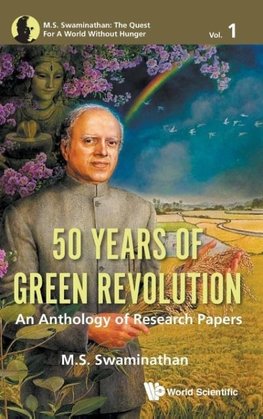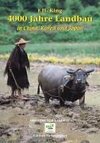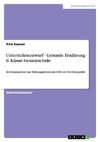
-
 Anglický jazyk
Anglický jazyk
50 Years of Green Revolution
Autor: M S Swaminathan
The green revolution in India about 50 years ago transformed India's image then as begging bowl to bread basket. This transformation during the 1960s took just about 4 years. The yield increases achieved in wheat and then in rice which occurred in just...
Viac o knihe
Na objednávku
173.25 €
bežná cena: 192.50 €
O knihe
The green revolution in India about 50 years ago transformed India's image then as begging bowl to bread basket. This transformation during the 1960s took just about 4 years. The yield increases achieved in wheat and then in rice which occurred in just about half decade is far in excess of the yield increases during the preceding 4000 years. This remarkable feat was achieved with the leadership of the author using the dwarf wheat types which had been produced by Norman Borlaug in Mexico.
The research and development of green revolution of wheat and rice at the Indian Agricultural Research Institute, New Delhi was led by the author along with his team of students and co-workers. He has published over 100 papers on green revolution and the ever-green revolution which is a refinement of the former. This book is a compilation of just about 40 of his numerous research papers, monographs and books published by him on this subject.
The papers in this book bring out the scientific basis of the modification of the plant type so as to be responsive to exogenous addition of chemical fertilizers and irrigation. The ideal plant type enables capture of adequate sunlight and using the chemical fertilizers added to the soil, produce substantial photosynthetic starch. And because the plants have short and thick culm, they are able to withstand enormous amounts of grains in their ears. This indeed was the basis of breaking the yield barriers associated with native varieties. The book also brings out that green revolution had established the food security at the national level but not at the individual household levels of millions of resource-poor rural small and marginal farming, fishing and landless families. Further green revolution was commodity-centric and the manner of its practice led to environmental degradation and social inequities. This author realized as early as 1972 that system of agriculture in India should be designed to fight both the famines of food and rural livelihoods. In pursuit of it, this author further designed an evergreen revolution with systems approach. What this means is providing concurrent attention to ecological foundations of agriculture and the livelihoods of the rural people.
The book also brings out that green revolution was a team effort involving scientists, policy makers, administrators, farmers and students.
This book is an outstanding example of green revolution providing a breathing space by putting the cereal grain production rate ahead of the population growth rate and then when food security has been adequately established, the system is changed to achieve productivity in perpetuity without causing environmental and social harm.
- Vydavateľstvo: World Scientific
- Rok vydania: 2017
- Formát: Hardback
- Rozmer: 235 x 157 mm
- Jazyk: Anglický jazyk
- ISBN: 9789813200067

 Nemecký jazyk
Nemecký jazyk 









